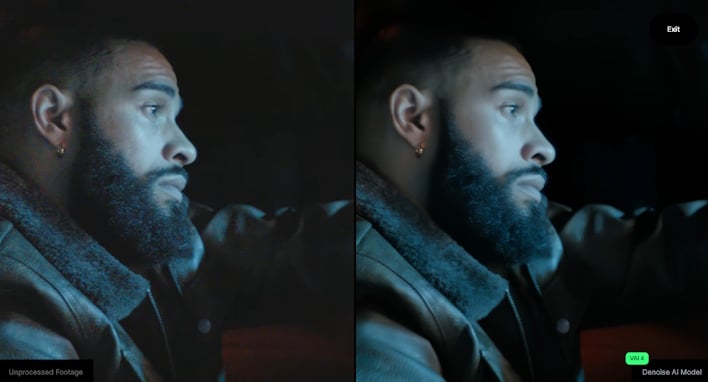Earlier this week, Superior Court Judge Leroy McCullogh in King County, WA moved to block the submission of AI-enhanced evidence to a court case concerning the killing of three and wounding of two outside a bar in 2021. The footage, which was taken from a cellphone at the incident, was taken to a creative video production and editing person by the defense’s legal team. The video editor used the AI tools developed by Topaz Labs to enhance the footage, but evidence points to this being a flawed system when it comes to legal use.
Judge McCullogh, as reported by NBC, wrote that the “Al-enhanced evidence would lead to a confusion of the issues and a muddling of eyewitness testimony, and could lead to a time-consuming trial within a trial about the non-peer-reviewable-process used by the AI model.” With this, the prosecution also claimed that the images generated modified the original footage and were subsequently “inaccurate, misleading and unreliable.”
This seems to be the first such instance of AI-enhanced imagery being used, or rather denied use, in a courtroom, which could be a significant legal precedent. In this case, this was imagery being enhanced with external tooling. However, one could argue that AI modifies footage elsewhere as well. Namely, many phone manufacturers are incorporating AI-enhancement technologies into their cameras and camera software, thereby calling into question the accuracy of “raw” footage from phones in the first place.
In the end, this will be quite an interesting ordeal to follow, not only in this case but likely others that could be coming down the pipe in the near future. As such, stay tuned to HotHardware for more on the use of AI, whether you know of it or not, in courtroom proceedings.
